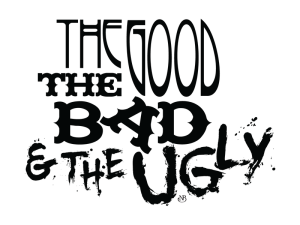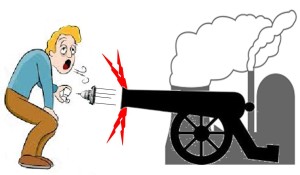There’s plenty to be disappointed about with the Texas Legislature. The ill-conceived policy proposals that would harm the Texas economy, its residents, and the environment keep piling up. Sweeping changes for the better are off the table. However, there is still opportunity for incremental progress and for at for having conversations about important environmental, energy, ethics and consumer issues in Texas.
It might be a long time until we can get any policy home runs in Texas, but stringing together a bunch of singles is way better than forfeiting. We’re working to find common ground with progressives and conservatives to make improvements where we can.
Protecting Texans from Air Pollution:
House Bill 14 by Representative Morrison and Senate Bill 1619 by Senator Watson would extend the Texas Emissions Reduction Plan (TERP) programs, which reduce air pollution from diesel engines in trucks, construction equipment, buses, locomotives and harbor vessels. TERP is one of the best tools the state has to reduce smog and toxic diesel particulates. This bill would extend the programs, including a rebate program for electric and natural gas cars and provide some opportunities to reduce emissions from fracking.
House Bill 3810 by Representative Walle and Senate Bill 1787 by Senator Garcia would create a system to send emergency alerts via texts, tweets and reverse 911 calls to nearby residents when toxic chemicals are released from industrial facilities. Currently, many residents who live in industrial communities rely on sirens to let them know that it might be dangerous to go outside.
Senate Bill 1786 by Senator Garcia and House Bill 3809 by Representative Hernandez would allow Texas counties and cities to regulate the air pollution from storing and transporting petroleum coke, a by-product of petroleum refining. Toxic black soot that blows from rail cars and giant uncovered piles (as high as elevated highways) piles of petroleum code often coats people’s lungs, homes and cars.
Senate Bill 1501 by Senator Garcia and House Bill 3760 by Representative Peña would require scrap metal recycling facilities to use the best available pollution control technologies, such as fences and sprayers dust suppression, to reduce air pollution from fine metal particle that blow off the recycling facility. The respiratory diseases caused by breathing fine metal particles can be avoided.
Senate Bill 1894 by Senators Garcia and Hinojosa would require sea ports to take actions to reduce air and water pollution.
Improving Renewable Energy, Energy Efficiency, Demand Response and Climate Change Policies:
House Bill 3539 by Representative Dukes and Senate Bill 1626 by Senator Rodríguez would make it so that large residential developments can’t ban or restrict homeowners from installing solar at their properties. Currently, state law allows developers to ban or restrict solar installations while the development is being built out, which can take years. This bill would only allow solar bans or restrictions in developments with 50 or fewer lots.
House Bill 706 by Representative Farrar would make the tax exemption for solar and other renewable energy installations at homes and businesses permanent until the property is sold, rather than requiring property owners to file for exemption annually.
House Bill 2392 by Representative Anchia would direct the comptroller and the State Energy Conservation Office to establish a loan guarantee program for improvements that increase the energy efficiency of residences that are not newly constructed.
House Bill 2254 by Representative Sylvester Turner would bar electric companies from charging minimum usage fees in the competitive power market. Such fees penalize customers for using less electricity and therefore reduce the incentive for customers to be as efficient as possible with their electric use. Minimum usage fees also often cause bill increase for customers who can’t afford them.
House Bill 3363 by Representative Keffer would adjust the financial requirements for property assessed clean energy (PACE) programs that will make PACE programs for residential property feasible. PACE will help homeowners pay for renewable energy, energy efficiency and water efficiency improvements through low-cost loans that are tied to the property, not the individual, because they are repaid on participants’ property tax bills.
Senate Bill 1284 by Senator Watson and House Bill 3343 by Representative Sylvester Turner would establish customers’ rights to participate in demand response programs. Demand response programs provide payment to customers for reducing their electric use. Demand response is an affordable way to avoid using inefficient gas-fired power plants when electric demand is especially high. The bill would direct the Electric Reliability Council of Texas (ERCOT) to encourage development of demand response programs and encourage customers to participate.
House Bill 3069 by Representative Eddie Rodriguez and Senate Bill 1954 by Senator Hinojosa would require the Texas Commission on Environmental Quality (TCEQ) to develop a state compliance plan to meet the requirements of the Clean Power Plan, which will reduce greenhouse gas emissions.
Getting State Agencies to Protect Texas Residents from Industries:
House Bill 2901 by Representative Rodriguez and Senate Bill 1865 by Senator Zaffirini would improve accountability to the public within the Railroad Commission (RRC) by creating a clear process for citizens to file complaints to the commission, including a website listing the information the RRC would need to begin an investigation.
The Texas Legislature is Considering Many Bills that would be take Texas policy Backward:
(more…)
Read Full Post »
 A study by researchers at the University of Texas and Southern Methodist University argues that humans have been causing earthquakes not just in North Texas but throughout the state for nearly 100 years. The paper, concludes that activities associated with petroleum production “almost certainly” or “probably” set off 59 percent of earthquakes across the state between 1975 and 2015, including the recent earthquakes in Irving and Dallas.
A study by researchers at the University of Texas and Southern Methodist University argues that humans have been causing earthquakes not just in North Texas but throughout the state for nearly 100 years. The paper, concludes that activities associated with petroleum production “almost certainly” or “probably” set off 59 percent of earthquakes across the state between 1975 and 2015, including the recent earthquakes in Irving and Dallas.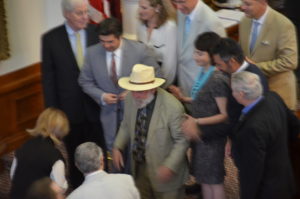
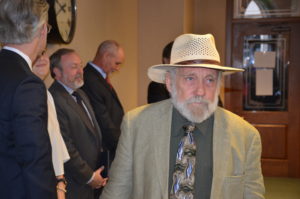
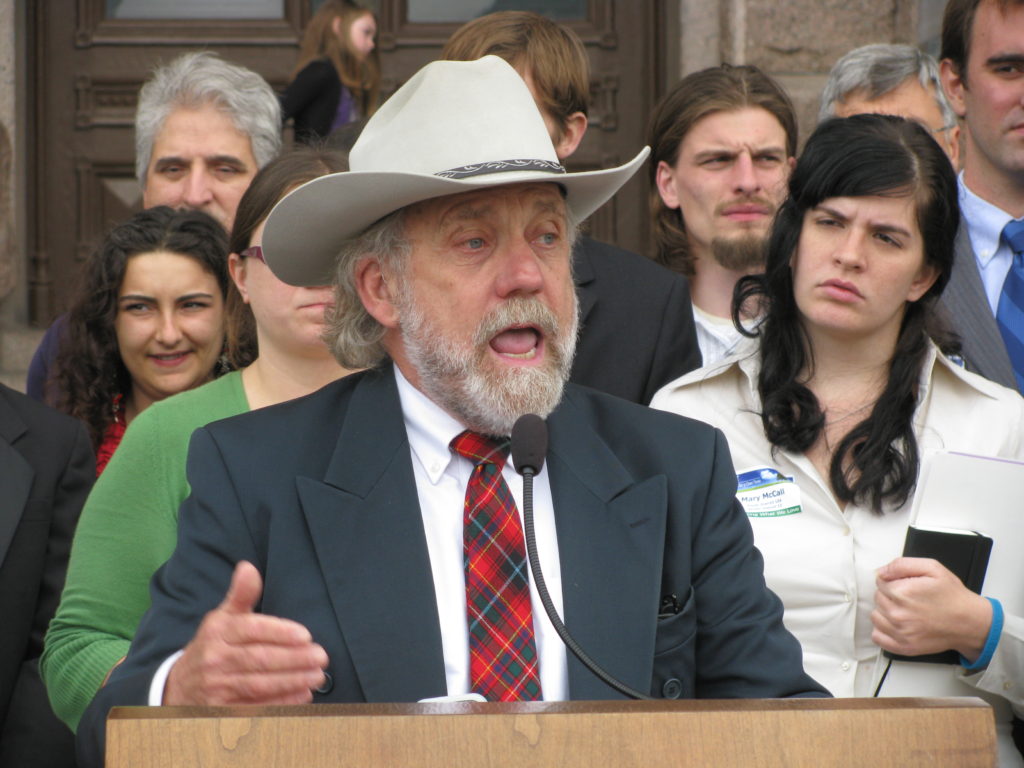



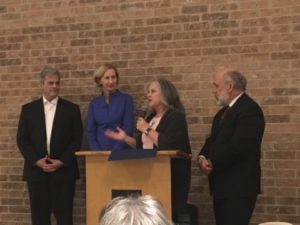
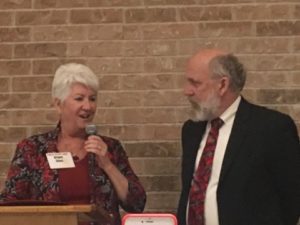
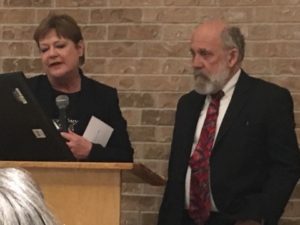
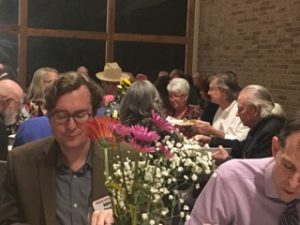
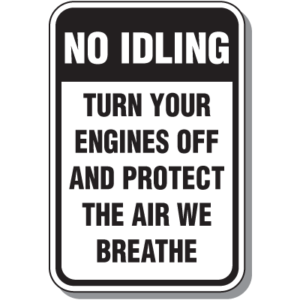

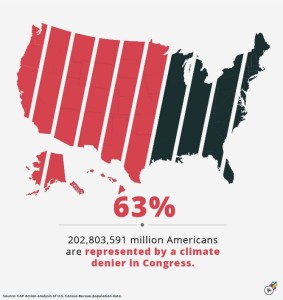
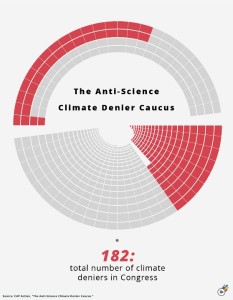 182 members of Congress don’t believe the science behind climate change: 144 members in the House of Representatives and 38 members in the Senate.
182 members of Congress don’t believe the science behind climate change: 144 members in the House of Representatives and 38 members in the Senate. 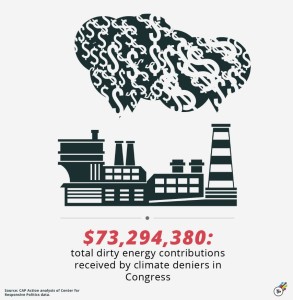 In the analysis, CAPAF also looked into dirty energy money’s influence over Congress members. They found that climate deniers in Congress received more than $73 million in contributions from coal, oil, and gas companies. This is an
In the analysis, CAPAF also looked into dirty energy money’s influence over Congress members. They found that climate deniers in Congress received more than $73 million in contributions from coal, oil, and gas companies. This is an 